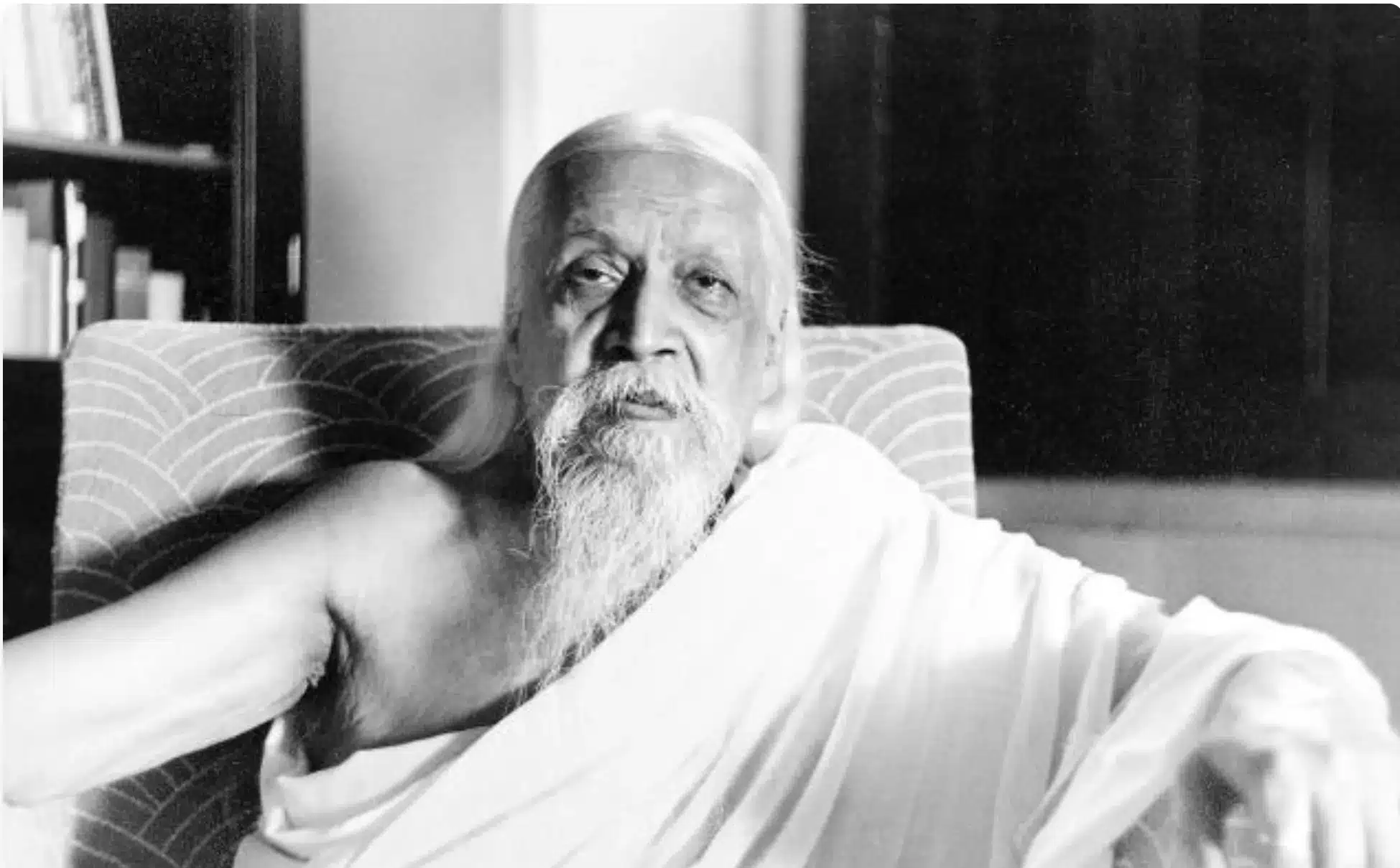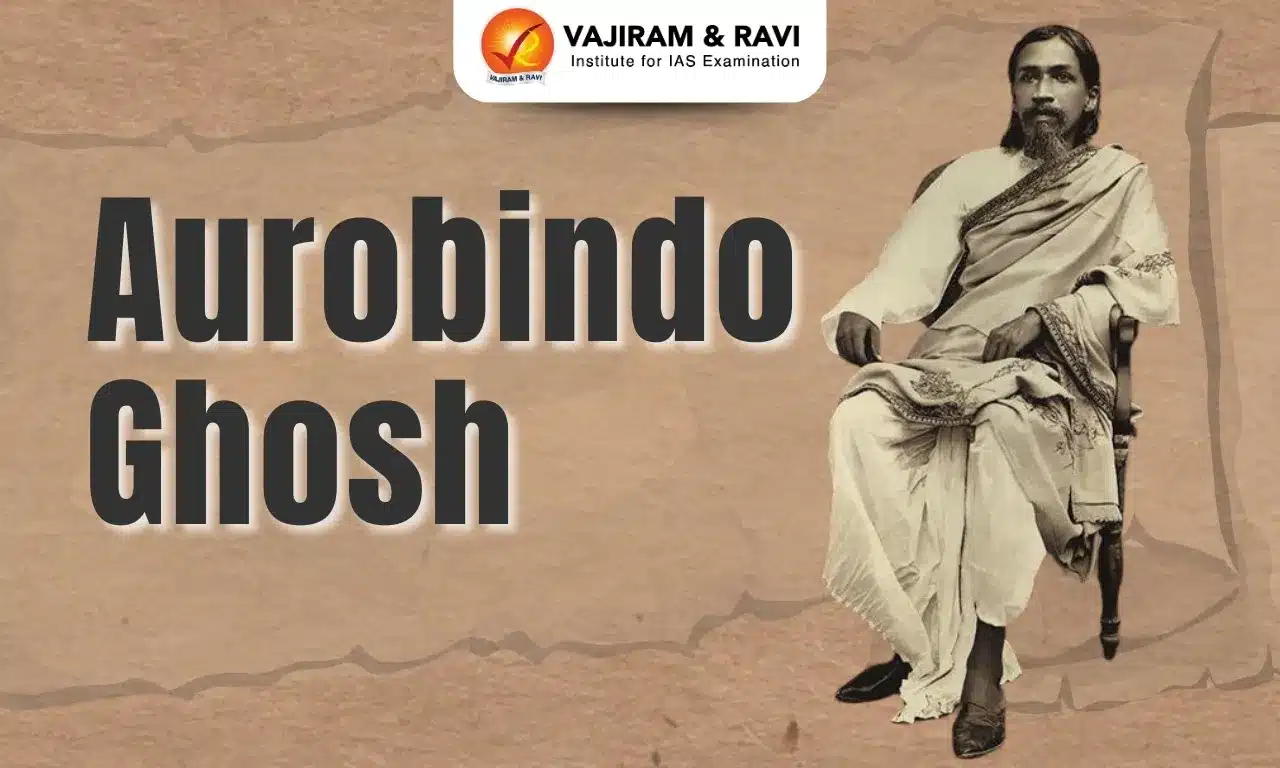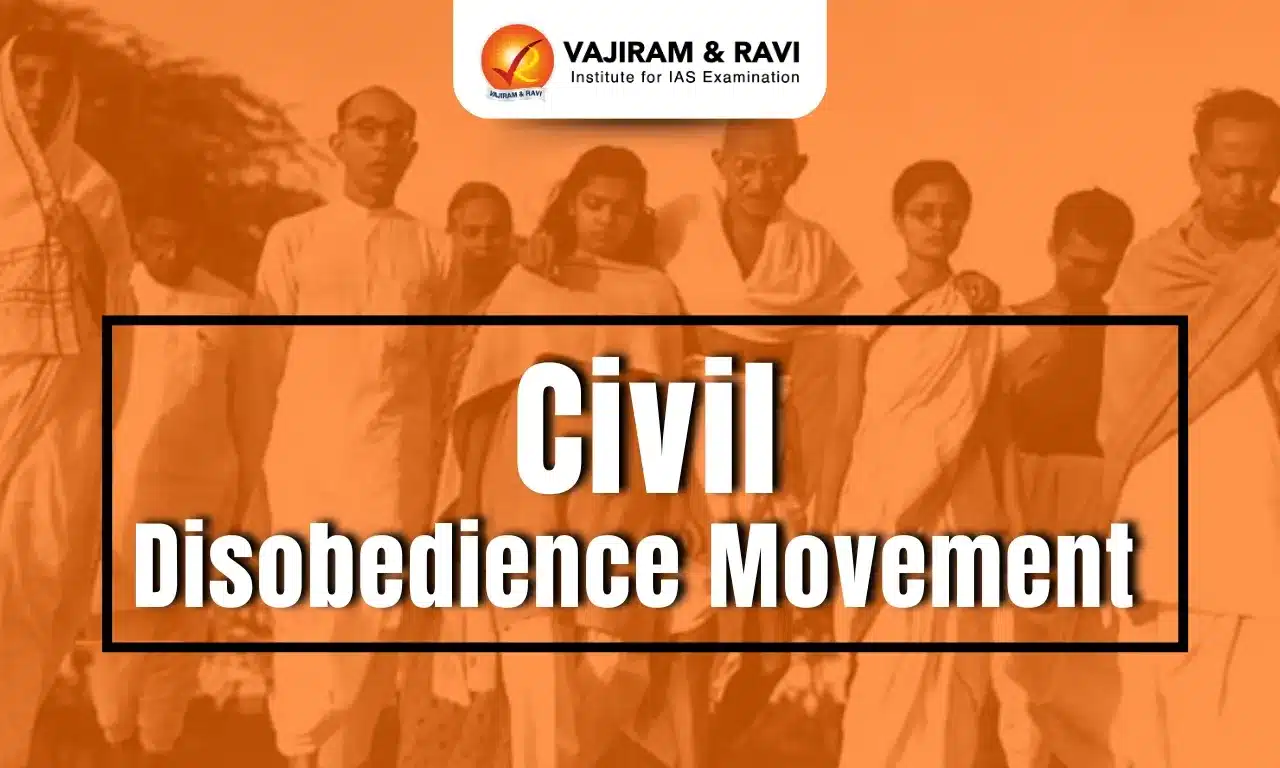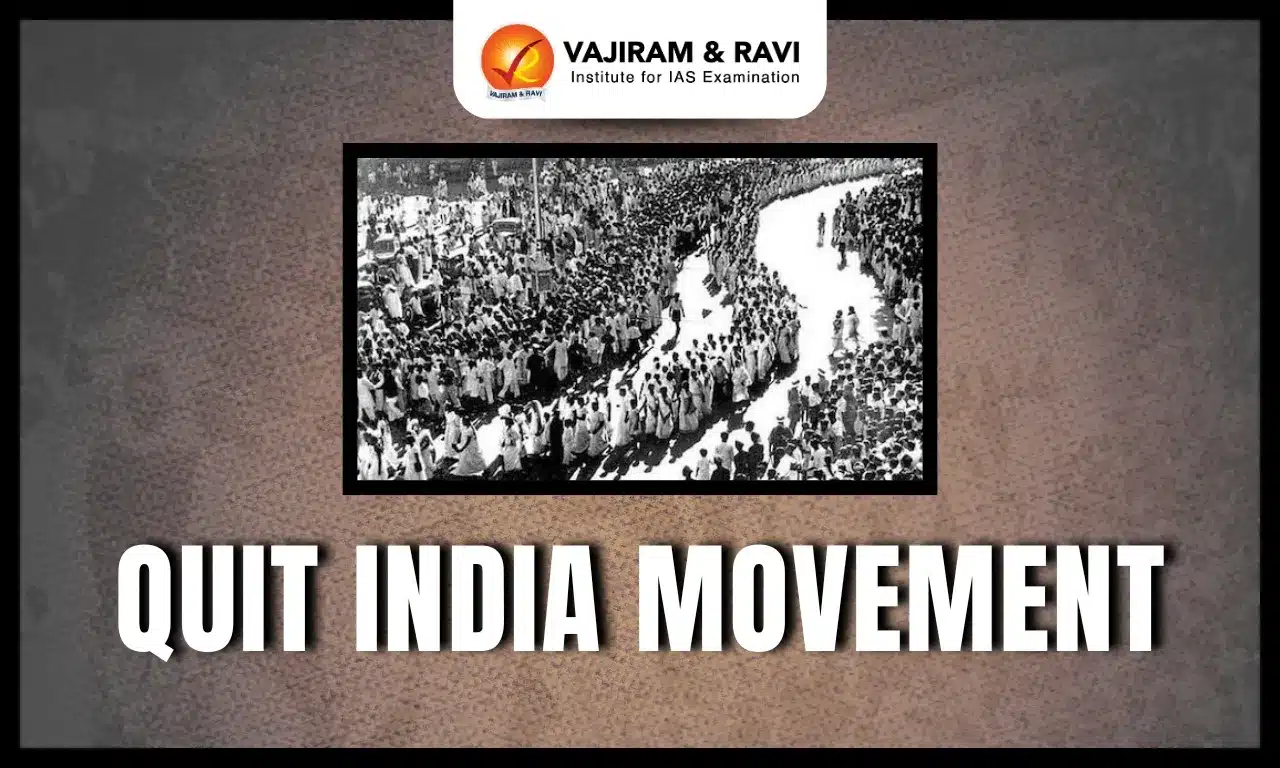Sri Aurobindo Ghosh (1872-1950) was a brilliant scholar, revolutionary, spiritual visionary, and key figure in the Indian independence movement. Sri Aurobindo Ghosh advocated for armed resistance against British rule and promoted the concept of Swaraj. Sri Aurobindo Ghosh’s philosophy of Integral Yoga emphasized the evolution of consciousness and the integration of spiritual and worldly life.
Sri Aurobindo Ghosh’s literary contributions include The Life Divine and Savitri, which explore profound spiritual themes. He founded an ashram in Pondicherry, fostering a community dedicated to his teachings. His legacy endures as a source of inspiration for both nationalism and modern spirituality in India and beyond.
Sri Aurobindo Ghosh About
Sri Aurobindo Ghosh, formally known as Aurobindo Ackroyd Ghose, was born on August 15, 1872, in Kolkata, and hailed from an educated family. His father, Dr. Krishna Dhun Ghose, was a civil surgeon, while his mother, Swarnalata Devi, was a women's rights activist.
Sri Aurobindo Ghosh Education
Sri Aurobindo Ghosh’s father valued Western education. He began his studies at a Christian convent school in Darjeeling and later excelled at St. Paul’s School in England, particularly in classical languages like Latin and Greek. His academic achievements secured him a scholarship to King’s College, Cambridge.
Sri Aurobindo Ghosh Career
Sri Aurobindo Ghosh passed the open competition for the Indian Civil Service in 1890, but he was already motivated by a desire for India's independence and did not want to work as a colonial administrator. Thus, he managed to disqualify himself by failing to take the mandatory riding test and instead returned to India in 1893 to serve the Indian Princely State of Baroda, where he stayed until 1906.
- Sri Aurobindo Ghosh joined the Baroda State Service under Maharaja Sayajirao Gaekwad III, where he spent 13 years in various administrative and academic roles, including Vice-Principal of Baroda College.

Sri Aurobindo Ghosh Role in Revolutionary Movement
Sri Aurobindo Ghosh was a key figure in India's early independence struggle. He was deeply involved in revolutionary activities in the late nineteenth and early twentieth centuries, advocating for complete independence from British rule.
- Role in the Swadeshi Movement: Relocating to Calcutta in 1906 after Bengal's partition, Aurobindo inspired revolutionaries like Bagha Jatin and Jatin Mukherjee alongside his brother Barin. He co-founded youth clubs, including the Anushilan Samiti, promoting physical fitness and martial training.
- In 1906, he left Baroda to become Principal of the newly founded Bengal National College in Calcutta.
- Journals: Through Bande Mataram, Karmayogin, and Yugantar, Aurobindo inspired young Indians to join the freedom struggle, advocating for nationalism, complete independence, and critiquing British rule while outlining strategies for mass movements.
- Alipore Bomb Case of 1908: As a revolutionary nationalist, Aurobindo was charged in the Alipore Bomb Case and sentenced to a year in solitary confinement at Alipore Central Jail. He was eventually released with the assistance of Deshbandhu Chittaranjan Das.
Sri Aurobindo Ghosh was dubbed "the Prophet of Indian Nationalism" due to his pragmatic strategies for ending British rule.
Sri Aurobindo Ghosh Philosophy
Sri Aurobindo Ghosh left active politics in 1910 and relocated to the French Colony of Pondicherry (Puducherry) to follow his spiritual pursuits. In Pondicherry, along with his spiritual collaborator Mirra Alfassa, he developed his Integral Yoga philosophy. The developments are discussed in detail below:
- Establishment of Ashram: In 1926, he established the Sri Aurobindo Ashram in Pondicherry, a community for spiritual seekers, where he entrusted guidance to his collaborator, Mirra Alfassa, known as "the Mother."
- Integral Yoga: Integral Yoga, developed by Sri Aurobindo and The Mother, is a transformational practice aiming for a rapid and complete evolution of being, focusing on integrating body, mind, and spirit to achieve a higher consciousness and divine life on Earth.
- The Life Divine Philosophy: Aurobindo's main prose work, The Life Divine (1939), delves into the philosophy of Integral Yoga. He posited that the traditional pursuit of moksha (liberation) should not be the ultimate goal.
- Vision of Future Consciousness: Aurobindo envisioned a future where the principles of matter, life, and mind are replaced by supermind, bridging the infinite and finite to create a joyful existence of love, harmony, unity, and knowledge; ultimately manifesting the divine on earth.
- Views during World War II: During World War II, Sri Aurobindo and his disciple, the Mother, openly supported the Allies, viewing Hitler as representing "the forces of darkness" and believing in the spiritual need for the Allies' victory.
Sri Aurobindo Ghosh Literary Contributions
Sri Aurobindo Ghosh was a philosopher, spiritual leader, and an accomplished writer and poet. His literary contributions are extensive and diverse, ranging from political essays to spiritual treatises and epic poetry.
- Savitri: A Legend and a Symbol: It is his magnum opus, and is an epic poem of over 24,000 lines, making it one of the longest poems in English. It is a spiritual allegory that delves into themes of love, death, and the triumph of the human spirit.
- Other notable works: Aurobindo’s other notable works include The Life Divine, which presents his vision of human evolution and spiritual progress, and The Synthesis of Yoga, which describes the principles and practices of Integral Yoga.
- Other works are Essays on the Gita (1922), Collected Poems and Plays (1942), The Human Cycle (1949), The Ideal of Human Unity (1949), and On the Veda (1956).
Sri Aurobindo Ghosh Five Dreams
Sri Aurobindo Ghosh, in his message on India's independence, outlined five dreams for the world and India: a free and united India, the resurgence of Asia, a world union for peace, the spiritual gift of India to the world, and the rise of humans to a higher consciousness.
- A Free and United India: Aurobindo envisioned a revolutionary movement that would lead to the creation of a free and independent India, united in purpose and spirit.
- Resurgence of Asia: Aurobindo believed in the resurgence and liberation of the peoples of Asia, allowing them to reclaim their rightful place in the progress of human civilization.
- A World Union: Aurobindo advocated for a world union as the foundation for a fairer, brighter, and nobler life for all people, fostering global cooperation and understanding.
- Spiritual Gift of India: Aurobindo recognized the unique spiritual heritage of India and believed it had a vital role to play in sharing its wisdom and practices with the world.
- A Step in Evolution: Aurobindo wished for humanity to achieve a higher and larger consciousness which will enable them to address fundamental problems facing humanity.
Sri Aurobindo Ghosh Death
Sri Aurobindo Ghosh left his body on December 5, 1950. The Mother continued his work until November 17, 1973. Their work continues in Auroville a town in Puducherry. His famous quote is: “True knowledge is not attained by thinking. It is what you are; it is what you become.”
Sri Aurobindo Ghosh UPSC PYQs
Q.1 He wrote biographies of Mazzini, Garibaldi, Shivaji and Shrikrishna; stayed in America for some time; and was also elected to the Central Assembly. He was (UPSC Prelims 2018)
(a) Aurobindo Ghosh
(b) Bipin Chandra Pal
(c) Lala Lajpat Rai
(d) Motilal Nehru
Ans. (c)
| Other Related Posts | |
| Extremist Phase of Indian National Congress | Bal Gangadhar Tilak |
| Chapekar Brothers | Aurobindo Ghosh |
| Bipin Chandra Pal | Alipore Conspiracy Case |
| Lala Lajpat Rai | Surat Split |
Last updated on March, 2026
→ UPSC Notification 2026 is now out on the official website at upsconline.nic.in.
→ UPSC IFoS Notification 2026 is now out on the official website at upsconline.nic.in.
→ UPSC Calendar 2026 has been released.
→ UPSC Final Result 2025 is expected to be released soon.
→ Check out the latest UPSC Syllabus 2026 here.
→ Join Vajiram & Ravi’s Interview Guidance Programme for expert help to crack your final UPSC stage.
→ UPSC Mains Result 2025 is now out.
→ UPSC Prelims 2026 will be conducted on 24th May, 2026 & UPSC Mains 2026 will be conducted on 21st August 2026.
→ The UPSC Selection Process is of 3 stages-Prelims, Mains and Interview.
→ Prepare effectively with Vajiram & Ravi’s UPSC Prelims Test Series 2026 featuring full-length mock tests, detailed solutions, and performance analysis.
→ Enroll in Vajiram & Ravi’s UPSC Mains Test Series 2026 for structured answer writing practice, expert evaluation, and exam-oriented feedback.
→ Join Vajiram & Ravi’s Best UPSC Mentorship Program for personalized guidance, strategy planning, and one-to-one support from experienced mentors.
→ Check UPSC Marksheet 2024 Here.
→ UPSC Toppers List 2024 is released now. Shakti Dubey is UPSC AIR 1 2024 Topper.
→ Also check Best UPSC Coaching in India
Sri Aurobindo Ghosh FAQs
Q1. Who called Aurobindo Ghosh as the prophet of Indian nationalism?+
Q2. Which newspaper is published by Aurobindo Ghosh?+
Q3. What are the literary works of Aurobindo Ghosh?+
Q4. What is the philosophy of Aurobindo?+
Q5. What is the full name of Aurobindo Ghosh?+















